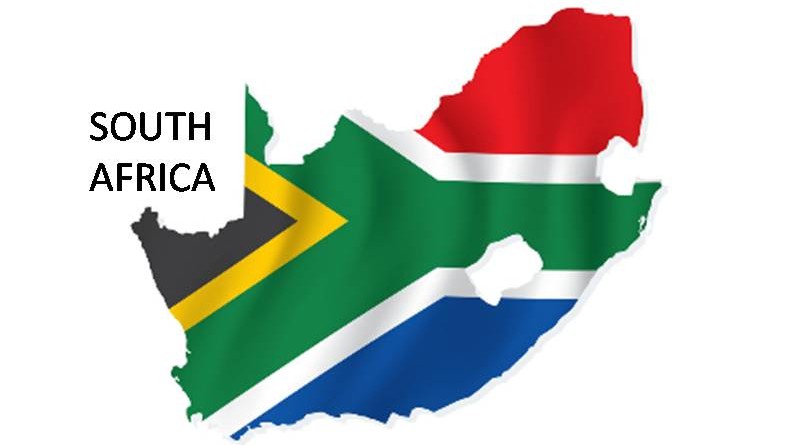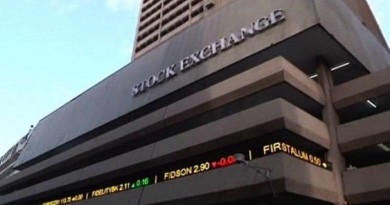After More Than 25 Years South Africa’s debt Is Now Junk With Moody’s rating – Prinesha Naidoo
South Africa has lost its Moody’s Investment Services investment-grade credit rating more than 25 years after it was first awarded as it grapples with a nationwide lockdown to curb the spread of the coronavirus.
Moody’s now assesses the nation’s foreign- and local-currency debt at Ba1, one level below investment grade. The move reflects “continuing deterioration in fiscal strength and structurally very weak growth,” the company said in a statement Friday. The outlook on the rating remains negative, which means the next move could be a further downgrade.
Africa’s most-industrialized economy is stuck in the longest downward cycle since at least 1945 with business confidence that’s at the lowest in more than two decades and almost a third of the labor force unemployed. Output is also weighed down by power-supply constraints and Eskom Holdings SOC Ltd., which generates about 95% of South Africa’s electricity, regularly implements rolling blackouts to prevent a total collapse of the national grid.
“Unreliable electricity supply, persistent weak business confidence and investment as well as long-standing structural labor market rigidities continue to constrain South Africa’s economic growth,” Moody’s said. “South Africa is entering a period of much lower global growth in an economically vulnerable position.”
Moody’s changed the outlook on the ratings to negative in November, saying it wants to see a credible strategy in the February budget for halting a deterioration in public finances. However, the spending plans presented by Finance Minister Tito Mboweni last month showed the fiscal deficit as a percentage of gross domestic product would widen to an almost three-decade high.
True Test
“The decision by Moody’s could not have come at a worse time,” because the country is also seized with containing the outbreak of the coronavirus, National Treasury said in a statement. “These two events will truly test South African financial markets.”
The nationwide lockdown that suspended all activity except essential services from Friday means the budget shortfall and the government’s debt burden that’s surged due to bailouts for failing state companies could deteriorate further. Even before the lockdown, the central bank forecast that the economy will contract for a calendar year for the first time since 2009.

The downgrade leaves South Africa without an investment-grade rating from a major company and will cause it to fall out of the FTSE World Government Bond Index after April, which could prompt significant capital outflows. It will also raise borrowing costs, complicating the government’s efforts to narrow the budget gap.
“To say we are not concerned and trembling in our boots about what might be in the coming weeks and months is an understatement,” Mboweni said in the Treasury’s statement. “The government remains committed to implementing structural economic reforms to address the weak economic growth, constrained fiscus and the ailing state-owned companies.”
Zuma Years
S&P Global Ratings and Fitch Ratings cut South Africa to junk in 2017 following late-night cabinet reshuffle in which former President Jacob Zuma replaced the finance minister and his deputy. The former president’s nine-year tenure was characterized by allegations of misrule and graft, which he has denied.
“The broader erosion in institutional strength induced by the wide-spread corruption of the Zuma administration is an important factor behind the erosion in South Africa’s credit profile in recent years,” Moody’s said. “Moreover, the legacy that era has bequeathed of poor governance of state-owned enterprises remains a key drain on fiscal resources.”
The nation’s fiscal deficit will widen in fiscal 2020 to around 8.5% of GDP, Moody’s said. It estimates that the debt burden will reach 91% of GDP by fiscal 2023, including the guarantees to state companies.
Rating and Investment Information Inc. still assesses South Africa’s foreign currency issuer rating at BBB, two levels above junk.
By Prinesha Naidoo, CNBC
— With assistance by Ben Bartenstein


